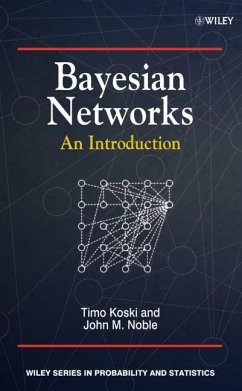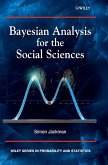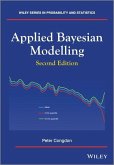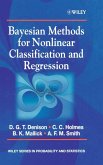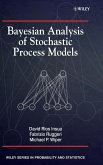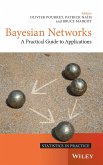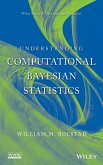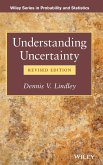Bayesian networks have found application in a number of fields, including risk analysis, consumer help desks, tissue pathology, pattern recognition, credit assessment, computer network diagnosis, and artificial intelligence. Bayesian Networks is a self-contained introduction to the theory and applications of Bayesian networks. It introduces Bayesian networks, the Dirichlet distribution, exponential families and their applications and discusses graphical models, a topic with applications in the engineering and computer sciences. All concepts are clearly defined, illustrated with examples. An essential reference for postgraduate students of statistics, computer engineering and mathematics, data mining, artificial intelligence, computing and biology.
Bayesian Networks: An Introduction provides a self-contained introduction to the theory and applications of Bayesian networks, a topic of interest and importance for statisticians, computer scientists and those involved in modelling complex data sets. The material has been extensively tested in classroom teaching and assumes a basic knowledge of probability, statistics and mathematics. All notions are carefully explained and feature exercises throughout.
Features include:
An introduction to Dirichlet Distribution, Exponential Families and their applications.
A detailed description of learning algorithms and Conditional Gaussian Distributions using Junction Tree methods.
A discussion of Pearl's intervention calculus, with an introduction to the notion of see and do conditioning.
All concepts are clearly defined and illustrated with examples and exercises. Solutions are provided online.
This book will prove a valuable resource for postgraduate students of statistics, computer engineering, mathematics, data mining, artificial intelligence, and biology.
Researchers and users of comparable modelling or statistical techniques such as neural networks will also find this book of interest.
Bayesian Networks: An Introduction provides a self-contained introduction to the theory and applications of Bayesian networks, a topic of interest and importance for statisticians, computer scientists and those involved in modelling complex data sets. The material has been extensively tested in classroom teaching and assumes a basic knowledge of probability, statistics and mathematics. All notions are carefully explained and feature exercises throughout.
Features include:
An introduction to Dirichlet Distribution, Exponential Families and their applications.
A detailed description of learning algorithms and Conditional Gaussian Distributions using Junction Tree methods.
A discussion of Pearl's intervention calculus, with an introduction to the notion of see and do conditioning.
All concepts are clearly defined and illustrated with examples and exercises. Solutions are provided online.
This book will prove a valuable resource for postgraduate students of statistics, computer engineering, mathematics, data mining, artificial intelligence, and biology.
Researchers and users of comparable modelling or statistical techniques such as neural networks will also find this book of interest.

